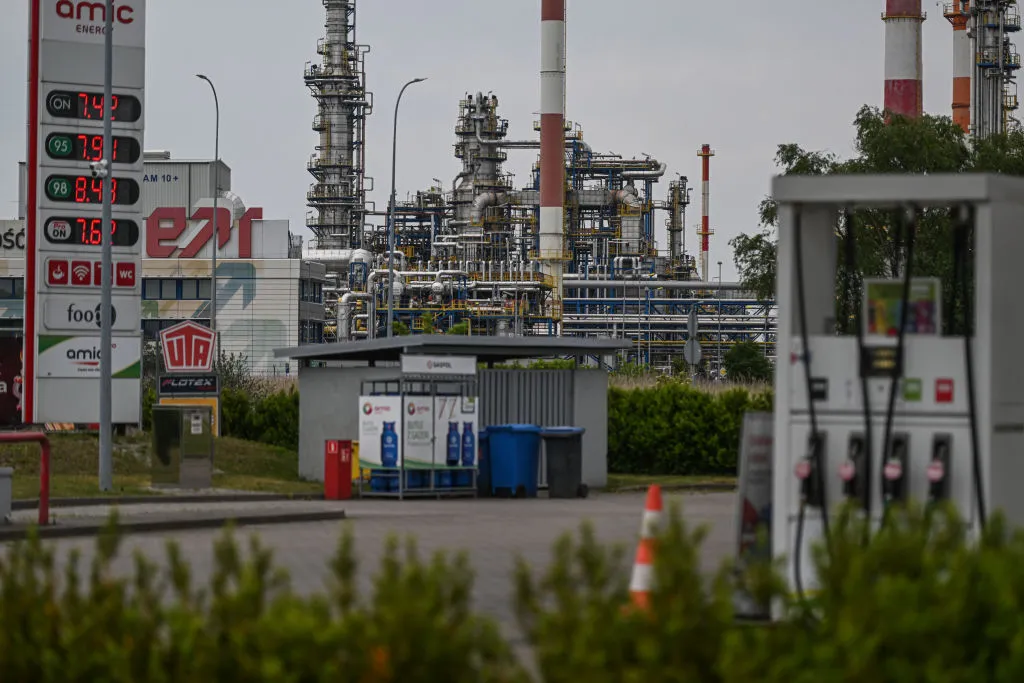Archaeologists in Poland have uncovered a 10th-century cemetery containing the remains of 24 people during gas pipeline construction near the village of Borkowo, in the Kuyavian-Pomeranian Voivodeship.
The discovery, first reported by Science in Poland, was made by researchers from the Alagierscy Archaeological Workshop while excavating the Latkowo–Wrzosy pipeline section. A preliminary analysis of grave goods—including temple rings, knives, arrowheads, and an axe—indicates the burials date to the early Middle Ages.
“We believe that the cemetery contains the burial grounds of the residents and garrison of a nearby stronghold,” said Justyna Marchewka-Długońska of Cardinal Stefan Wyszyński University in Warsaw. The skeletons, she added, belonged to tall, robust individuals, possibly mercenary warriors.
Among the finds were beads made of dark blue glass and carnelian and a semi-precious stone likely imported from Czechia or Romania that together suggest long-distance trade connections. Radiocarbon dating will be used to confirm preliminary testing.
Unlike typical early Medieval cemeteries laid out in rows, the graves in Borkowo appear scattered. Marchewka-Długońska suggested the layout may reflect “a slow shift in worldview” during the introduction of Christianity.
The site was partially damaged during construction, and archaeologists have yet to determine its full extent. Earlier this year, a separate section of the same pipeline project revealed Mesolithic-era burials, highlighting the region’s deep archaeological significance.
